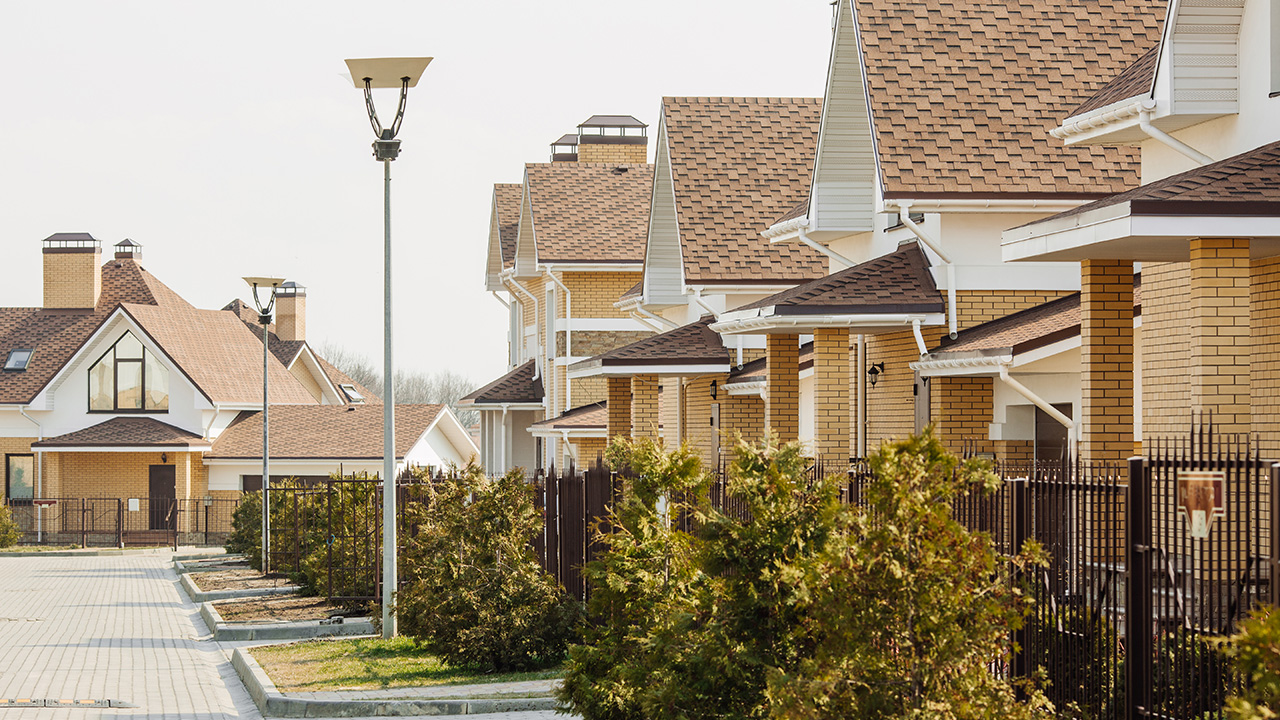Condos and homes in planned communities are pretty popular these days. But buying a piece of property in a homeowners’ association (HOA) is slightly different than purchasing a conventional home.
In addition to buying the actual unit that you occupy, you’re essentially buying into the community or building that your particular unit is located in. For instance, if you’re buying a condo unit, you’re also buying into the structure of the building, and all its ‘common’ elements – elevators, party rooms, parking areas, fitness centers, etc – that everyone else in the building has access to.
When drafting up your purchase agreement for a property in an HOA, it’s best to include a contingency that allows you time to get a hold of the HOA documents, and review them carefully to make sure you’re not buying into a struggling community.
In particular, be sure to scope out the following items when conducting a thorough review of the HOA paperwork.

1. HOA Financials
You want to know whether or not the homeowners’ association in question is collecting adequate funds from its homeowners to cover all the regular bills it’s responsible for paying. You also want to determine if enough money is being put away for reserves for a rainy day. In order to do that, you’ve got to take a close look at the financial statements and budget to make sure everything is in order.
While every state has varying regulations about what is considered sufficient reserve funding, reserves should generally be a minimum of 60% funded, which shows that the HOA is in decent financial shape.
2. Demand Statement
There are a variety of fees that you’ll have to pay upon the closing of a property purchase, but you want to make sure you’re not paying more than you should have to. If the association you’re buying into has any unit violations or outstanding HOA fees that have yet to be paid, you could be stuck paying more at closing.
Any scenarios like these will be outlined in the demand statement, which is why it’s recommended to take a close look at it to figure out what you’ll be obligated to dish out to rectify them. If there are any issues like these that need resolution, you may be able to negotiate with the seller to contribute to paying off the amount specified on this statement.
3. HOA By-Laws, Newsletters, & Meeting Minutes
Before you buy a unit in an HOA community, have a gander at the bylaws and rules that can greatly affect how you can use your unit and the common elements. Be realistic about your needs and desires, and compare them to what the HOA bylaws dictate. Do they prohibit you from making changes to your balcony? Are pets allowed? Do you have the freedom to rent out the unit?
Then have a look at the communications between owners, as well as minutes from board meetings. These sources will give you an idea of whether or not there are any common complaints about the HOA that you might want to be wary of. Are there any repairs that have been neglected? Are there updates that the building needs that are just not getting done? The answers to these questions will help you determine whether or not this purchase is one you should be making.
4. Reserve Fund Study
The reserve fund is essential a pot of money kept aside for special expenses that might come up in the future. Repairing or replacing the roof, painting the building’s exterior, and other long-term repairs are covered with the money that’s held in the reserve fund.
The reserve study will tell you how much money the HOA should be saving up in order to pay for these expenditures. If you discover a huge disparity between what’s likely needed and what’s actually been saved up, there could be a special assessment coming up in the near future which will place the onus on the homeowners to cover the discrepancy.
5. Master Insurance Policy
In addition to owners buying their own property insurance policies, the HOA itself typically has its own master insurance policy that covers the building and common areas from destruction. It may also cover legal costs should the HOA ever be slapped with a lawsuit, which can happen if someone is injured in a common area that the HOA is responsible for maintaining.
Some HOA master policies cover more than others, depending on the extent of the policy; but what they may not likely cover are the contents within your unit. Be sure to get a hold of the master policy and take it to your insurance provider to see how much coverage you need to protect your unit, and everything within it.
There are plenty of perks to condo living, but ensuring that its HOA is in good standing is an important step before diving into a purchase. Make sure you give yourself a chance to obtain a copy of the HOA documents, and go over them – ideally with the help of your real estate agent – to make sure there aren’t any problems that’ll cost you shortly after moving in.